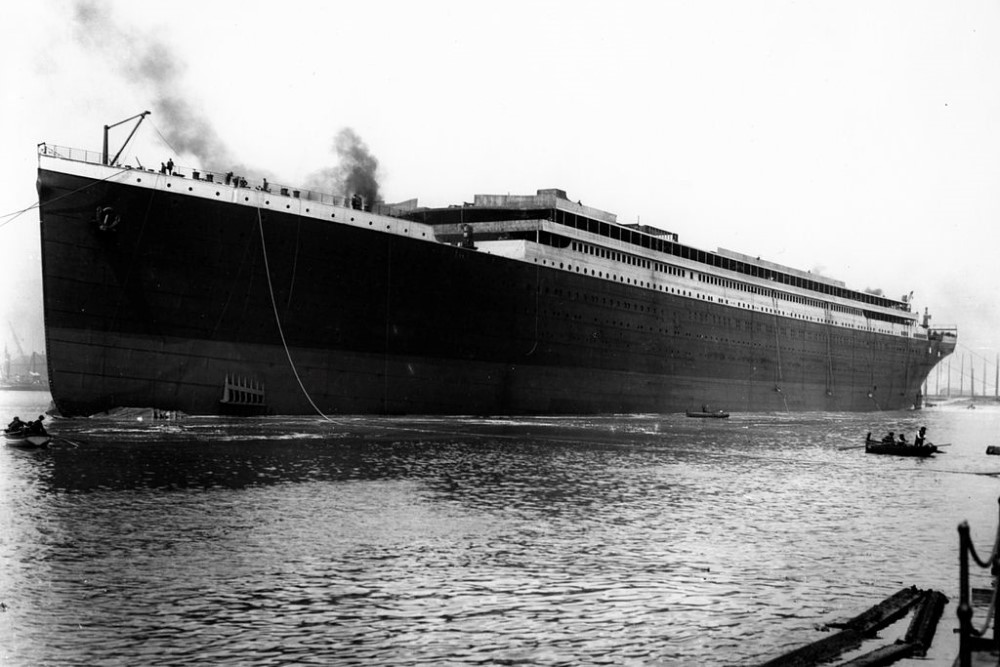Politicizing a Tragedy, 30 Years after Bhopal
One would certainly hope that, as far as environmental regulation goes, we are better off than we were fifty years ago. We would hope that novels like Rachel Carson’s ground-shifting Silent Spring, a work chronicling the dangers of the U.S. chemical industry, have made enough of an effect to prevent the author’s dystopian predictions from becoming a reality.
In light of recent events, though, this may not be the case. Thirty years after the Bhopal chemical leak that killed thousands, the possibility of such a tragedy reoccurring is disturbingly high. According to a recent study, as reported by Al Jazeera’s Anna Lappe, the possibility for an American version of the Bhopal tragedy is particularly concerning. In fact, Lappe notes that
“One-third of Americans, the study found, live close enough to a chemical facility that they’re at risk of being affected by a toxic leak caused by accident, natural disaster or terrorist attack.”
While dozens of regulations were put in place to prevent such a tragedy, Lappe reports that they may not be enough. Politicians seem to agree, with President Obama enacting an executive action to strengthen regulations of the chemical industry after an explosion at a Texas fertilizer plant killed 17 people. And with films like Martin Sheen’s A Prayer for Rain drawing renewed attention to the Bhopal tragedy, it would seem that interest in preventing such events is particularly high.
However, it is clear that these regulations will be unpopular with some. Chemical companies do have an interest in maintaining profits, and often such regulations may stand in the way of that goal. And with the polarized political climate between business and government, it is likely that any fight to strengthen such regulations will be protracted and incredibly complicated.
Such political battles will no doubt bring up ethical concerns of politicizing a tragedy. After all, events like the Bhopal spill and Texas fertilizer explosion have affected thousands of lives, some catastrophically. And while political discourse is necessary to prevent future tragedies, the line between working towards a solution and exploiting tragedy for political purposes seems particularly fine. The fact that Sheen’s film, in itself part awareness, part entertainment piece, is being made at the same time only stands to further complicate the matter. Talking about tragedies is never easy, and it is necessary to take care that discourse is conducted with acknowledgement of the fact that these are not just political issues: the lives of those in the present, and the loss of those in the past, are critical to keep in mind, and to ensure that resulting discourse is respectful of their legacy.




